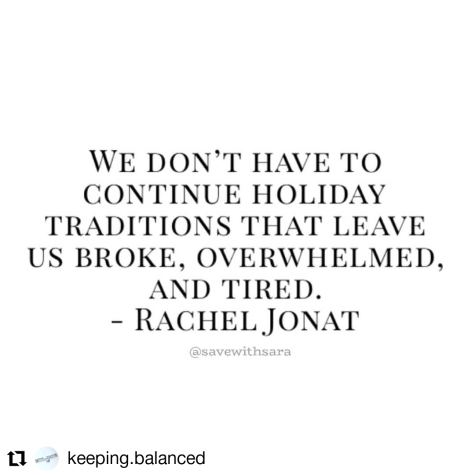
This will be the first year in a long while where I get to do the holiday season differently. There was a bit of trepidation and self-judgement while I was typing those words, because it includes the holidays where it was just my smaller family unit. My waking up before daylight while still preparing days before and over concern with whether the food was going to turn out right and if everyone was alright with how the day went (run-on sentence intentional to give you the experience of running out of breath), created stress for me, yet calm and rest for others.
It’s called tradition.
Some traditions are healthy and culture-sustaining. I am referring to those that are emotionally draining and spirit crushing. Check out the 1998 Psychology Today article “Surviving Holiday Hell” if you are not sure what I am talking about.
I already know there will be those who will argue that I have no right to be critical of the ways of being that keep families together. These are the people I am addressing this post to today. The ones who sustain dysfunction because it is the norm.
I’ve thrown out at few terms. Let me define them right quick. Tradition is defined as–well, it has several definitions. The one that is relevant for this post is “the handing down of statements, beliefs, legends, customs, information, etc. from generation to generation,

especially by word of mouth or practice.” Along those same lines, Norms are defined as “a standard, model or pattern.” There is also a mathematical definition that only Neil deGrasse Tyson would understand. That is not the one I am referring to here. Let’s focus on “the standard, model or pattern,” meaning of the word for now.
There are some patterns–routines if you will, that we engage in that are health inducing: general hygiene, moderate exercise, semi-conscious food intake–in order to sustain a more healthy way of being. It is those unhealthy patterns that have been normalized in our families and other areas of our lives that we may want to pay attention to and eventually change. Here are some questions you may want to ask yourself:
- What impact does engaging in this pattern have on your health and sense of wellbeing (i.e. is it raising your blood pressure to unhealthy levels, are you in physical pain in this situation, or are you in full on psychological distress)?
- Is nurturing a culture of silence part of the tradition, allowing others to be compromised physically, spiritually, emotionally, etc.?
- Who actually benefits from upholding the traditions? Do you even know who benefits or is there an assumed “we all benefit from this experience?”
- How would you view the traditions and patterns of being if you observed them anywhere other than in your surroundings?
Something that I learned in the wonderful world of therapy (Yes, Black women do therapy too.) is just because it is the norm, doesn’t make it “normal” or healthy. Patterns of dysfunction are real. Sayings that come to mind here are “that’s just the way it is” or “it 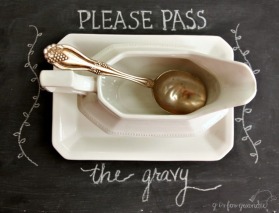 has always been this way” or my favorite “it is just a part of the fabric of…” are intentional culture sustaining messages to keep unhealthy systems in place (“Mmmm, may I have extra gravy on my oppression please? Thanks!”). Just because these patterns are real and are also a part of our daily routines (alongside the healthier behaviors), does not mean they have to go unchallenged and unchanged.
has always been this way” or my favorite “it is just a part of the fabric of…” are intentional culture sustaining messages to keep unhealthy systems in place (“Mmmm, may I have extra gravy on my oppression please? Thanks!”). Just because these patterns are real and are also a part of our daily routines (alongside the healthier behaviors), does not mean they have to go unchallenged and unchanged.
Hold on there, Sister! Are you calling my family/organization/relationship OPPRESSIVE!?!
It is not about whether I would call any area of your life oppressive. That is not my call to make. The question is: If you were silent, still and willing to tell yourself some hard truths (not the easy ones that support unhealthy behaviors), would you call those areas in your life oppressive? For those who get thrown off by the O-word, how about I use some vernacular that was appropriate during last month’s holiday: Halloween.

Would you say that certain traditions in your family/organization/relationship are blood curdling, soul sucking, fear inducing, brain numbing experiences that if you weren’t so terrified you would run from them?
Please note, I am not referring to a little discomfort, which helps us grow and expand as lifelong learners.
You may know what it feels like, but are too afraid to voice it because…wait for it…it will hurt someone else’s feelings, ostracize you and create imbalance/inconvenience/incontinence for others (Incontinence, Kecia? Really?).
However, what if you changing your course of action sets generations after you on a healthier course of interacting with one another? What if:
- by not forcing the children (especially girls) to hug relatives, we teach them they have full control of how they chose to interact with others and have them create ways of greeting that feel comfortable for them (how would your life be different if you had been given that choice)?
- instead of all the foods that keep Type II Diabetes running through our families like a track meet, we opt for life sustaining foods (that are still well seasoned, of course)? This one is all me!
- instead of accepting invitations for the annual event where packing Rolaids is required for numerous reasons, you choose to give your time interacting with those who may actually appreciate your presence–not just once or twice a year? They are closer than you think.
- we changed our standards and modeled new healthier ways of being with ourselves, nature and the people around us?
I would love to hear how you are living out a more Healthy Holiday season. Feel free to email me at dr.kecia@drkeciab.com.
To your wellbeing!
Dr. Kecia
P.s. For anyone dealing with a higher than usual level of stress or depression, please do not suffer in silence! Immediately go to your local hospital if you have serious thoughts of hurting yourself or someone else or call the National Suicide Prevention Lifeline: 1-800-273-8255.
Below are a few additional resources that may be useful:
Stress, depression and the holidays: Tips for coping
Tips For Managing The Holiday Blues
Holiday Depression: How to Beat the Holiday Blues
Updated: 11/21/19 @11:57am PST
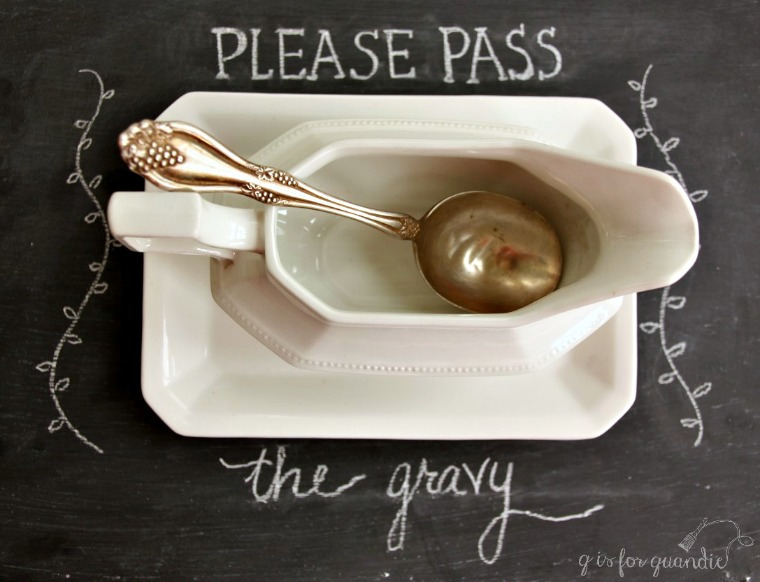
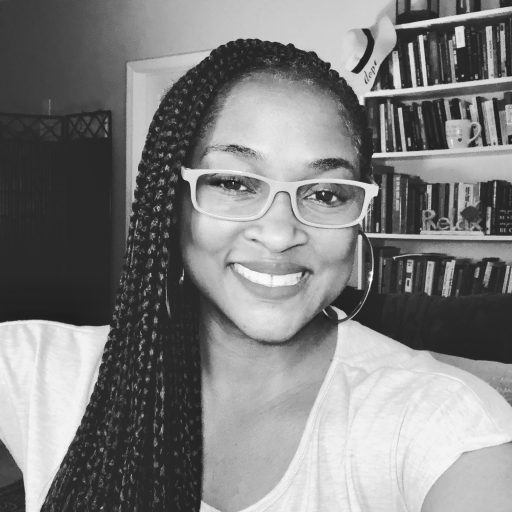
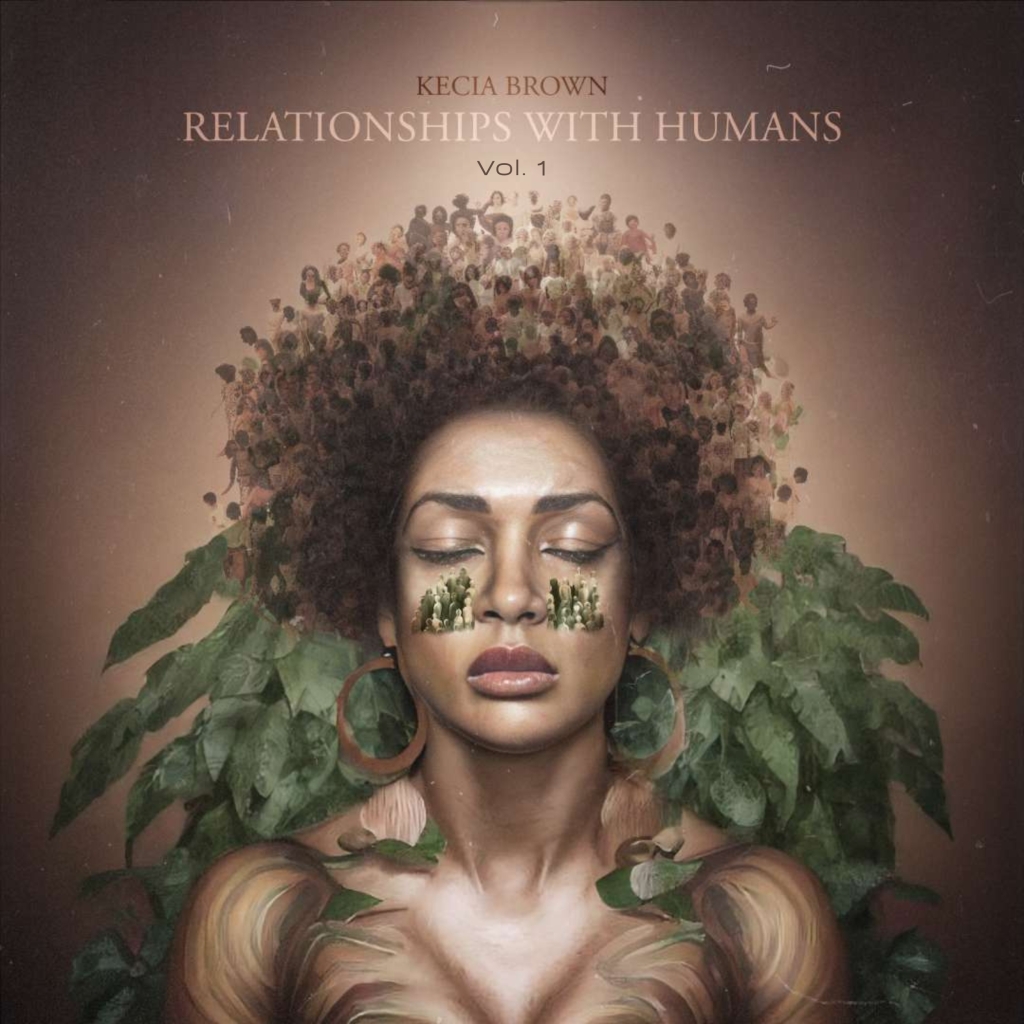
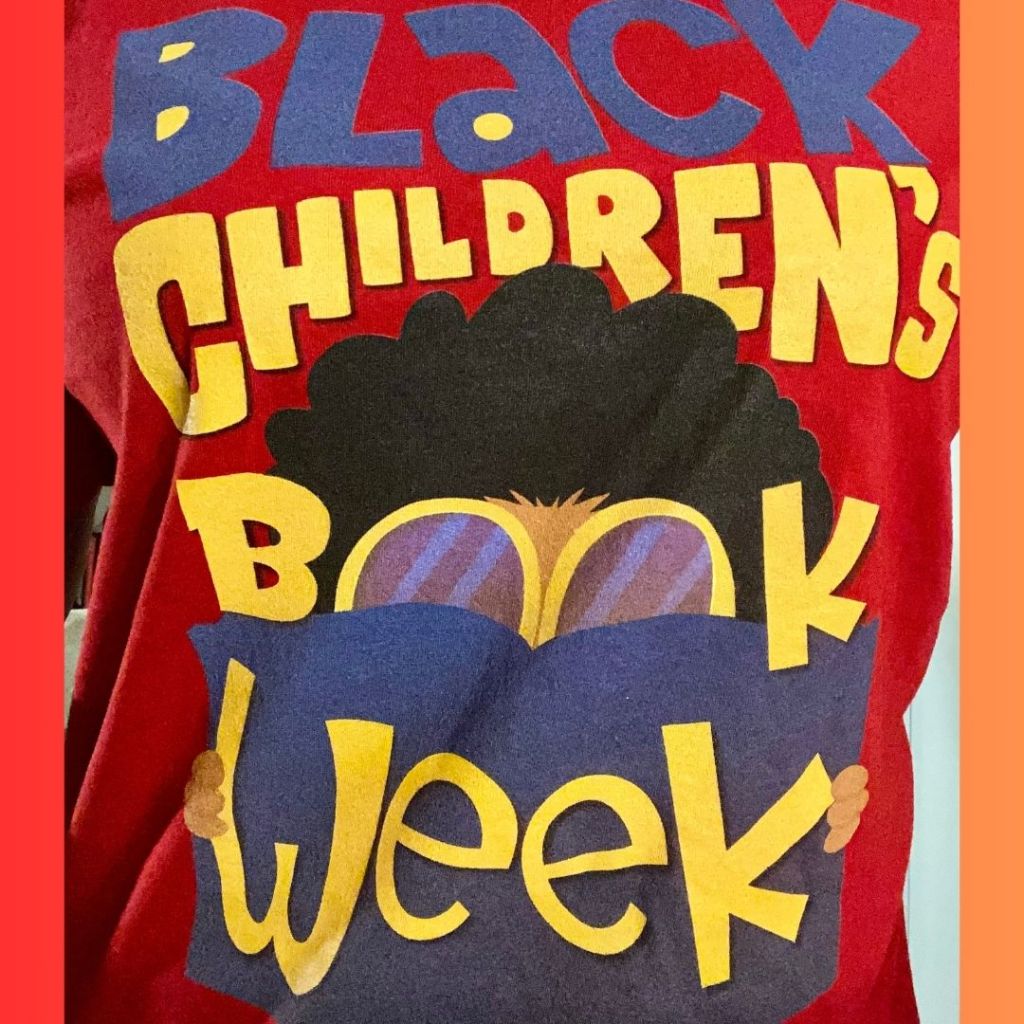
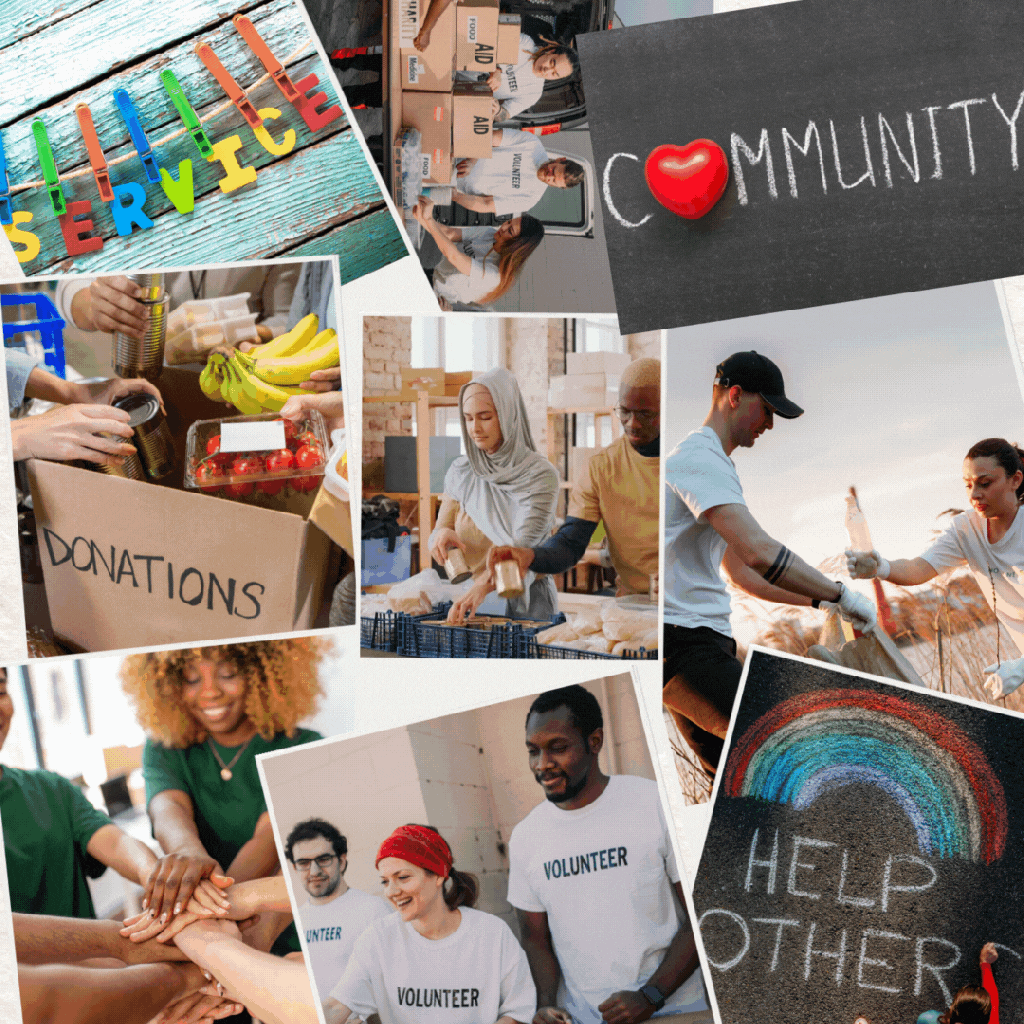

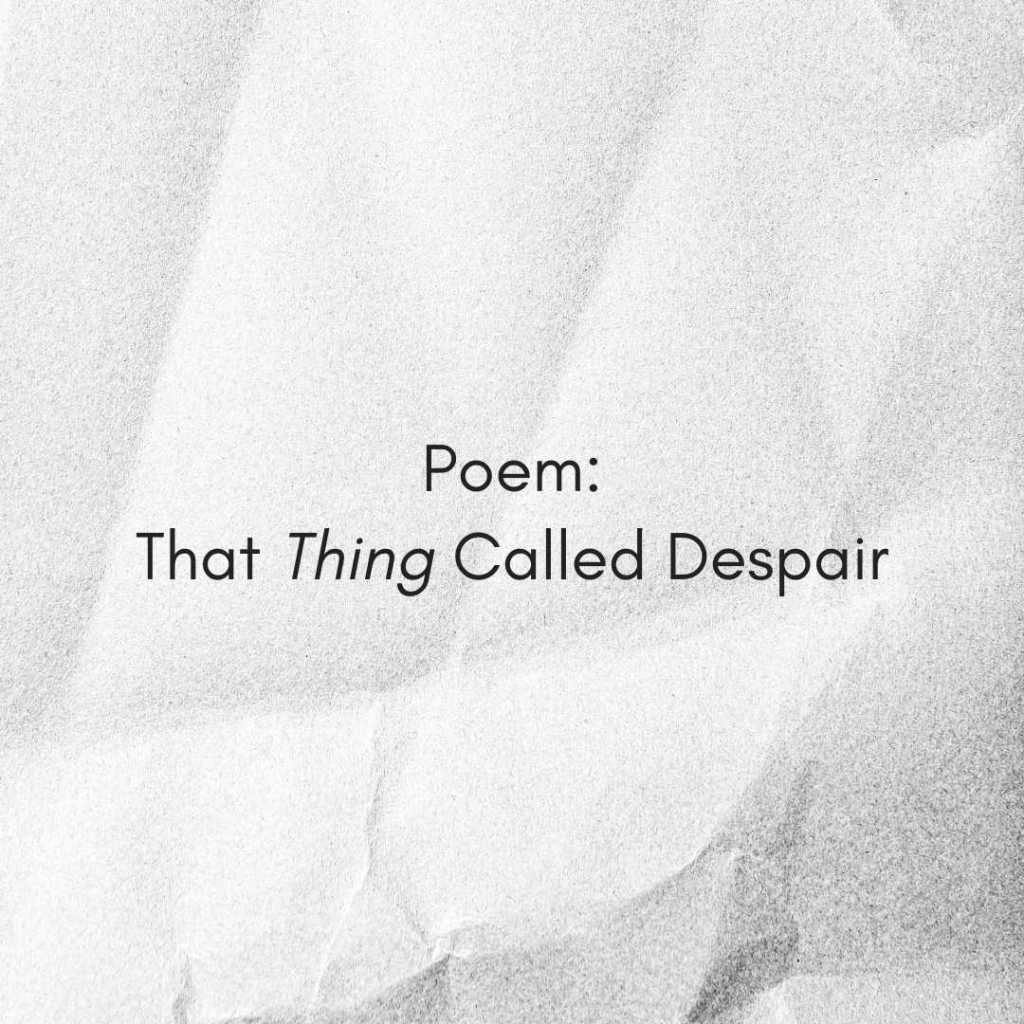

Speak Your Peace